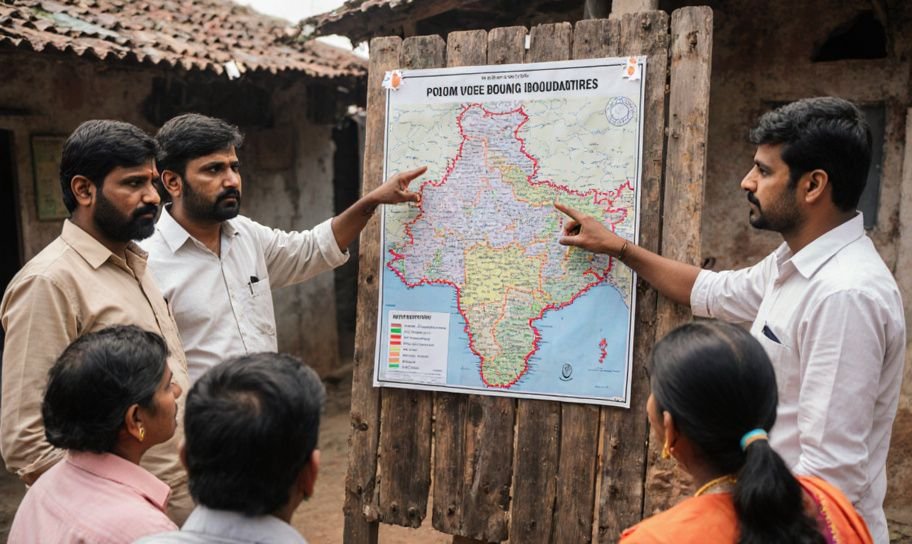
In a recent decision, the Bombay High Court addressed multiple requests challenging the drawing of voting areas in Maharashtra. Here's a breakdown of the key points from the judgment.
The case involved several requests challenging the final announcement of voting areas in various districts of Maharashtra. These requests were made before the upcoming local elections. The main argument was about whether certain villages should be included or excluded from voting areas.
The court highlighted its limited ability under Article 226 of the Constitution to get involved in election matters. It mentioned several past decisions, including those by the Supreme Court, which limit court involvement in boundary drawing issues.
“...the courts cannot interfere with the same. We may, in this connection, refer to a decision of this Court in The Hingir-Rampur Coal Co. Ltd. and Others v. The State of Orissa and Others.”
The Supreme Court had previously ordered that local elections in Maharashtra should be held within four months from May 2025. This order highlighted the urgency and limited room for court review.
Bharat Mahadeo Hodshil’s Claims: Bharat Mahadeo Hodshil argued that the boundary drawing process was unfair and influenced by politics, causing problems for voters.
State of Maharashtra and Others’ Defense: The State of Maharashtra and the election commission defended their actions, saying that they considered objections and made decisions based on established rules, including balancing population and geographical closeness.
The court found that the authorities followed the rules from the government order dated June 12, 2025, which included:
The court rejected all requests, confirming the final announcements of voting areas. It emphasized the importance of not disrupting the election process, in line with the Supreme Court's focus on timely elections.
“...we find that the respondent – authorities in these cases have followed the guidelines specified in the Government order dated 12.06.2025.”
This judgment highlights the balance between court oversight and the need for efficient election processes. The court’s decision ensures that the local elections in Maharashtra proceed without further delays.